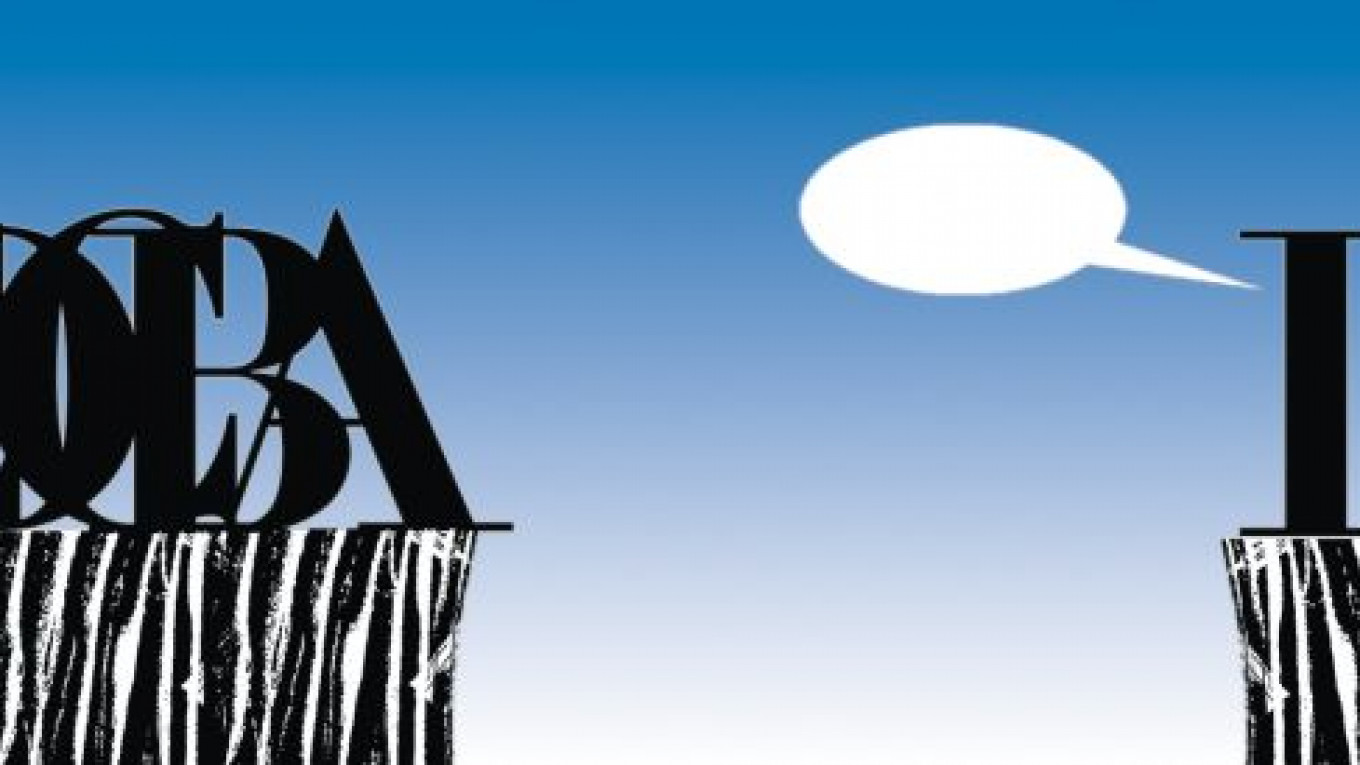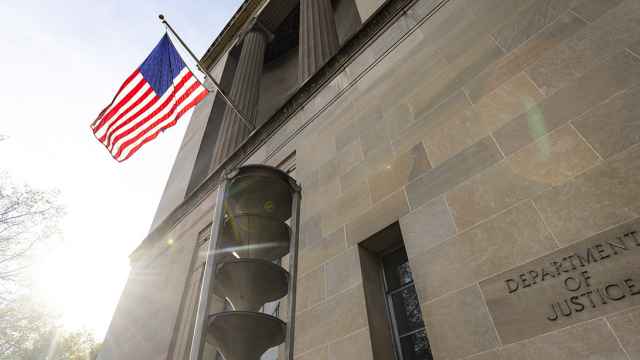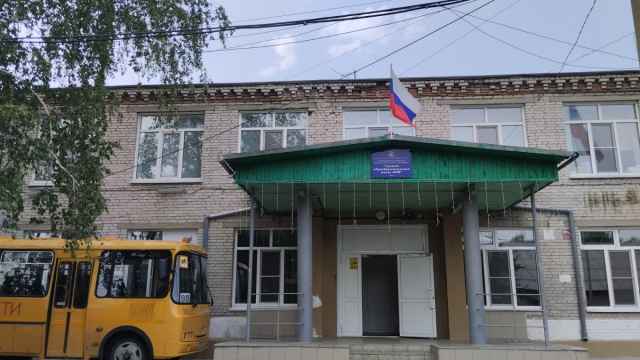Nov. 22 will mark the 50th anniversary of the assassination of U.S. President John F. Kennedy. For people alive at the time, it was one of those events that are so shocking that you remember where you were when you heard the news. I was getting off a train in Nairobi when I saw the dramatic headline.
Kennedy was only 46 when he was killed in Dallas by Lee Harvey Oswald, a disgruntled former Marine who had defected to the Soviet Union. Though his life had been plagued by illness, Kennedy projected an image of youth and vigor that added to the drama and poignancy of his death.
Martyrdom led many Americans to elevate Kennedy to the ranks of great presidents like George Washington and Abraham Lincoln, but historians have been more restrained in their evaluations. Critics point to his sometimes reckless sexual behavior, his scant legislative record and to his failure to match words with deeds. While Kennedy spoke about civil rights, tax cuts and reducing poverty, it was his successor, Lyndon Johnson, who used Kennedy's martyrdom and his own far more impressive political skills to pass historic legislation in these areas.
A 2009 poll of 65 U.S. presidential scholars rated JFK as the sixth most important president, while a recent survey of British experts on American politics put Kennedy in 15th place. Those are impressive rankings for a president who was in office for less than three years, but what did Kennedy really accomplish and how might history have been different if he had survived?
In my book "Presidential Leadership and the Creation of the American Era," I divide presidents into two categories: those who are transformational in their objectives, pursuing large visions related to major changes; and transactional leaders, who focus more on "operational" issues — ensuring that the metaphorical trains run on time. Because he was an activist and a great communicator with an inspirational style, Kennedy appeared to be a transformational president. He campaigned in 1960 on a promise to "get the country moving again."
Kennedy's inaugural address appealed to sacrifice: "Ask not what your country can do for you — ask what you can do for your country." He established programs like the Peace Corps and the Alliance for Progress with Latin America, and he set the U.S. on a path to landing a man on the moon by the end of the 1960s.
But despite his activism and rhetoric, Kennedy was a cautious rather than an ideological personality. As the presidential historian Fred Greenstein put it, "Kennedy had little in the way of an overarching perspective."
Rather than being critical of Kennedy for not living up to his rhetoric, we should be grateful that in critical situations, he was prudent and transactional rather than ideological and transformational. The most important achievement of Kennedy's brief presidency was to manage the 1962 Cuban missile crisis and defuse what was probably the riskiest episode since the dawn of the nuclear age.
Kennedy certainly can be blamed for the bungled Bay of Pigs invasion of Cuba and the subsequent Operation Mongoose, the covert CIA effort against the regime of Fidel Castro that convinced the Soviet Union that its ally was under threat. But Kennedy learned from his failure at the Bay of Pigs and created a careful process for managing the crisis that followed the Soviet Union's placement of nuclear-armed missiles in Cuba.
Many of Kennedy's advisers, as well as U.S. military leaders, urged an air strike and invasion, which we now know might have led Soviet field commanders to use their tactical nuclear weapons against the U.S. Instead, Kennedy played for time and kept his options open as he negotiated a stand-down with Soviet leader Nikita Khrushchev. Judging by Vice President Lyndon Johnson's hawkish comments at the time, the outcome might have been far worse if Kennedy had not been president.
Moreover, Kennedy learned from the Cuban missile crisis as well. On June 10, 1963, he gave a speech aimed at easing Cold War tensions. "I speak of peace, therefore, as the necessary rational end of rational men," he said. While a presidential vision of peace was not new, Kennedy followed it up by negotiating the first nuclear arms-control agreement, the Limited Test Ban Treaty.
The great unanswered question about Kennedy's presidency and how his assassination affected U.S. foreign policy is what he would have done about the war in Vietnam. When Kennedy became president, the U.S. had a few hundred advisers in South Vietnam. He increased that number to 16,000. Johnson eventually raised the number of U.S. troops to more than 500,000.
Many Kennedy supporters claim that he would never have made such a mistake. But he had supported a coup to replace South Vietnamese President Ngo Dinh Diem and left Johnson a deteriorating situation and a group of advisers who counseled against withdrawal. Some fervent Kennedy supporters — for example, the historian Arthur Schlesinger, Jr. and Kennedy's speechwriter, Theodore Sorensen — have written that Kennedy planned to withdraw from Vietnam after he won re-election in 1964, and claim that Kennedy told Senator Mike Mansfield that that was his plan. But skeptics point out that Kennedy always spoke publicly about the need to prevail in Vietnam. The question remains open.
In my view, Kennedy was a good president but not a great one. What made him good was not merely his ability to inspire others, but his prudence when it came to complex foreign-policy decisions. We are fortunate that he was more often transactional than transformational in foreign policy. We are unfortunate that we lost him after only 1,000 days.
Joseph Nye is a professor at Harvard University and the author of "Presidential Leadership and the Creation of the American Era." © Project Syndicate
A Message from The Moscow Times:
Dear readers,
We are facing unprecedented challenges. Russia's Prosecutor General's Office has designated The Moscow Times as an "undesirable" organization, criminalizing our work and putting our staff at risk of prosecution. This follows our earlier unjust labeling as a "foreign agent."
These actions are direct attempts to silence independent journalism in Russia. The authorities claim our work "discredits the decisions of the Russian leadership." We see things differently: we strive to provide accurate, unbiased reporting on Russia.
We, the journalists of The Moscow Times, refuse to be silenced. But to continue our work, we need your help.
Your support, no matter how small, makes a world of difference. If you can, please support us monthly starting from just $2. It's quick to set up, and every contribution makes a significant impact.
By supporting The Moscow Times, you're defending open, independent journalism in the face of repression. Thank you for standing with us.
Remind me later.






